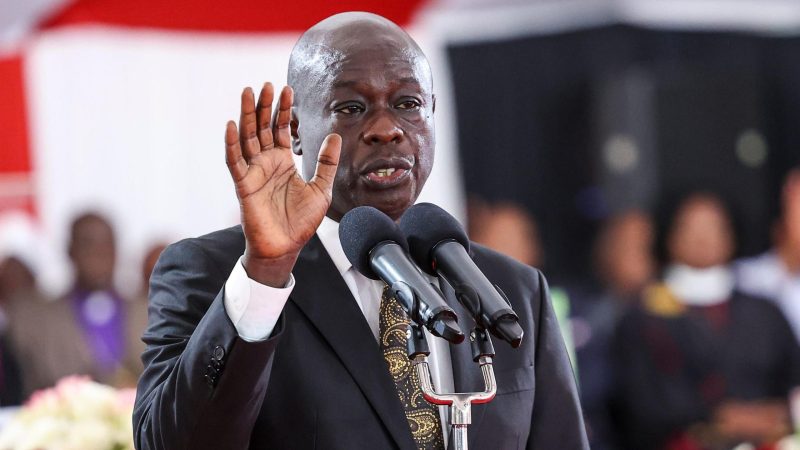A year-long ceasefire and a UN-led peace process have hardly papered over deep divisions in the country. To top on that, analysts say the upcoming elections are likely to fail at resolving the crisis in the country.
Gaddafi, for 42 years, ruled Libya with an iron fist following a 1969 coup against the monarchy. He portrayed himself as a revolutionary, Arab, and African hero while he mercilessly crushed all opposition.
Despite the revolution against him in 2011, his death failed to bring democracy or stability in Libya as many had hoped.
Instead, it has fractured along regional and ideological lines with an assortment of mafia-like militants and their foreign backers who want control of the oil-rich country.
The ‘ceasefire’ agreed upon in October 2020 continues to hold the government of National Unity is hanging on as Libya’s sole government. However, Lybia’s political stability has become increasingly precarious.
The decade-long conflict has left the country’s infrastructure ruined on top of taking a huge toll on the economy. This has left Libya suffering from chronic power cuts and runaway inflation.
This has even left the Libyans themselves suffering both psychologically and economically despite some feeling more free after Gaddafi’s death.
Check Also;
- Saadi Gaddafi, The Late Gaddafi’s Son Freed From Prison
- Slaves Held In Libya Are Used For Organ Trade
- Guinea Putchists Release First Batch of Political Detainees
Please use the button below to contribute to Newslex Point, Inc. using a credit card or via PayPal.

 Newslex Point News in Uganda, Uganda news
Newslex Point News in Uganda, Uganda news












